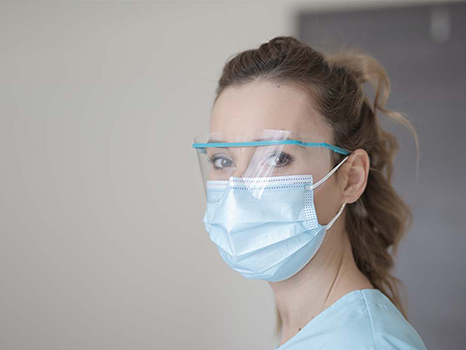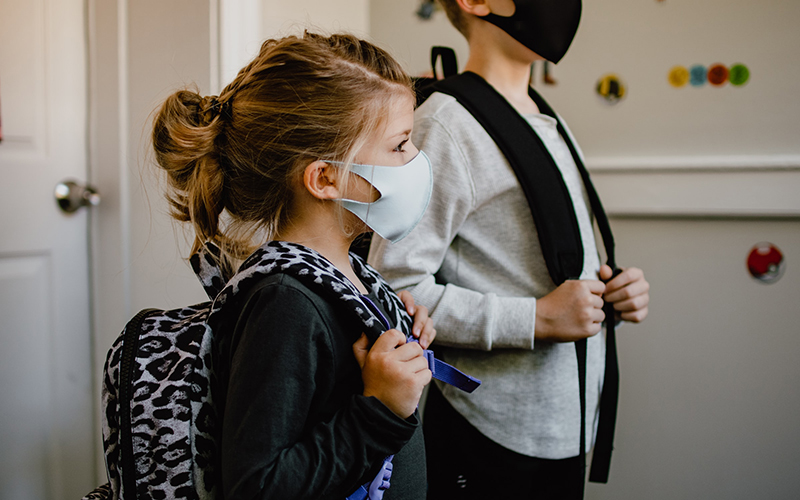Search
Research
Off-target effects of bacillus Calmette-Guerin vaccination on immune responses to SARS-CoV-2: implications for protection against severe COVID-19Because of its beneficial off-target effects against non-mycobacterial infectious diseases, bacillus Calmette-Guérin vaccination might be an accessible early intervention to boost protection against novel pathogens. Multiple epidemiological studies and randomised controlled trials are investigating the protective effect of BCG against coronavirus disease 2019 (COVID-19).
Research
COVID-19-Related Submission Priorities From the Journal of the Pediatric Infectious Diseases SocietyChristopher Blyth MBBS (Hons) DCH FRACP FRCPA PhD Centre Head, Wesfarmers Centre of Vaccines and Infectious Diseases; Co-Head, Infectious Diseases
Research
COVID-19 in children: I. Epidemiology, prevention and indirect impactsChildren globally have been profoundly impacted by the coronavirus disease 2019 (COVID-19) pandemic. This review explores the direct and indirect public health impacts of COVID-19 on children. We discuss in detail the transmission dynamics, vaccination strategies and, importantly, the ‘shadow pandemic’, encompassing underappreciated indirect impacts of the pandemic on children.
Research
BCG vaccination to reduce the impact of COVID-19 in healthcare workers: Protocol for a randomised controlled trial (BRACE trial)BCG vaccination modulates immune responses to unrelated pathogens. This off-target effect could reduce the impact of emerging pathogens. As a readily available, inexpensive intervention that has a well-established safety profile, BCG is a good candidate for protecting healthcare workers (HCWs) and other vulnerable groups against COVID-19.
Research
COVID-19 and changes in the National Immunisation Program: a unique opportunity to optimise the Australian Immunisation Register (AIR)Christopher Blyth MBBS (Hons) DCH FRACP FRCPA PhD Centre Head, Wesfarmers Centre of Vaccines and Infectious Diseases; Co-Head, Infectious Diseases

A number of organisations have created COVID-19 resources specifically developed for Aboriginal and Torres Strait Islander people.
Research
Characterising the SARS-CoV-2 nucleocapsid (N) protein antibody responseSARS-CoV-2 nucleocapsid (N) protein antibodies can be used to identify the serological response to natural infection in those who have previously received a COVID-19 spike-based vaccine. Anti-N antibody responses can also be induced by inactivated whole SARS-CoV-2 virus vaccines, such as CoronaVac. We aimed to characterise antibody responses to the N protein following COVID-19 and following vaccination with CoronaVac.

News & Events
WA’s Omicron wave on a downward trajectory, despite new variantsSophisticated modelling produced is predicting a steady decline in COVID-19 cases in WA throughout August, but hospitalisation rates will remain relatively high.

News & Events
COVID-19 in WA: Why having our kids wear masks at school is the correct callWest Australian children as young as Year 3 are now turning up to school in masks, presenting a new challenge for kids, parents and schools.

News & Events
Tips for discussing coronavirus with your kidsThe rapidly developing coronavirus crisis is affecting our daily lives in unprecedented ways and brings with it uncertainty and fear.
